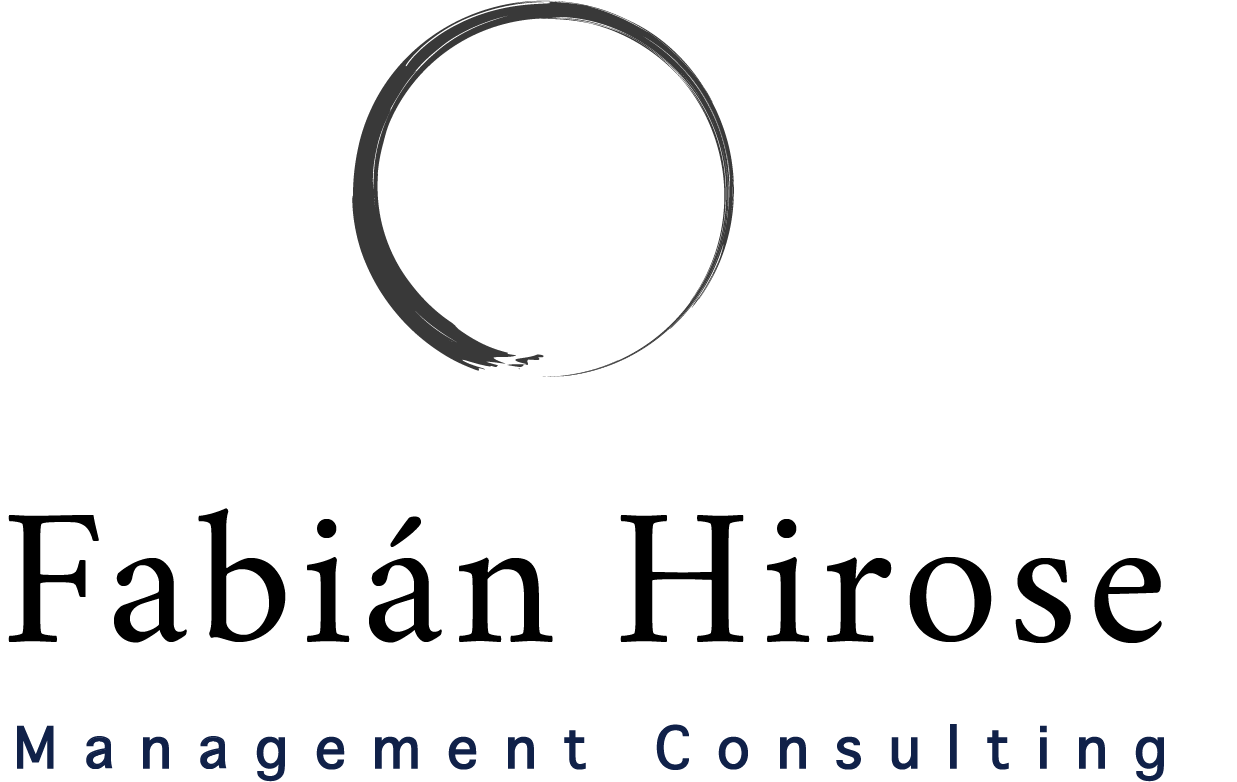Neutralise Your Toxic Boss
Sculptures by Kate MacDowell
By Annie McKee for Harvard Business Review
Toxic bosses. We have all seen them. They’re screamers, stressed-out micromanagers, volatile, untrustworthy, insecure nightmares to work with. They’re everywhere, and they do tremendous harm to the people around them and their organisations. And it seems that bad behaviour is on the rise. Why? Because people are freaking out about the economy. Our economic systems are careening wildly, not following the rules anymore, and it’s touching all of us, at home, in the grocery store, and at work. It could get a lot worse, and soon. It’s just plain scary.
Top this off with the fact that many of us have been working too hard, for too long, and are suffering the effects of power stress and the sacrifice syndrome. And our stress is compounded by a truly terrifying backdrop: our planet is in peril. Let me say it another way: our planet is in danger of moving past the tipping point, past the point where we can reverse the effects of global warming. Global politics and power were shifting in directions unimagined a couple of decades ago. Add it all up, and we have a picture of a world that doesn’t look anything like the one we grew up in. And it’s not better; it’s worse.
So, a lot of us are in reactive mode. Maybe we’re not exactly at the mercy of our emotions, but we are more volatile, less mindful, unable to tap into our higher selves, our talents, our emotional intelligence. As we face choices throughout the day at home, at work, at the supermarket, we find ourselves giving in to our first instincts. We lash out when others don’t meet our expectations or deadlines. We yell at the kids or lose it over something ridiculous, like not being able to find a parking spot. Or we feel like crawling into bed and pulling the covers over our heads.
I’ve written a lot recently about what we can do to short circuit the sacrifice syndrome by developing mindfulness, tapping into hope, and actively engaging others with empathy and compassion. When we feel that freak-out coming on, we can take an extra minute, breathe, and respond with some semblance of self-control. Better yet, we can consciously develop strategies for renewal–daily practices that can begin to reverse the physiological and psychological effects of the unhealthy pressures of our lives and work today.
But what if you work for someone who is emotionally out of control, reeling from one crisis to the next and taking you with them? These toxic bosses are a liability. They hurt us. They make it almost impossible for us to be at our best. And the worst part is that toxic emotions are contagious. So without even knowing it, we too can become anxious, negative, and destructive, spreading dissonance between our teams and the people who depend on us for inspiration and guidance. Before you know it, our organisations are poisonous places to work. What can you do to maintain personal equilibrium and resonance in your relationships? What can you do to protect yourself?
- Don’t take it personally! Do not let toxic people touch your self-esteem. Their screaming, demeaning, cynical poison is about them, not you. Consciously manage your boundaries so the toxins can’t get in.
- Don’t, whatever you do, compromise your values in the face of other people’s toxic emotions. It’s surprisingly easy to slip and do things we would otherwise never do–so monitor your reactions carefully.
- Be mindful of the (natural) urges you have to fight back vindictively, to sabotage, to get revenge. If you do this, you become part of the problem.
- Fight the temptation to feel victimised by the tyrants around you. Victims feed the poison. Victims can not lead. Recognize and act on your power and resilience.
Sure, it takes effort and a hefty dose of self-management, but you don’t have to become part of the toxic spill that is happening in so many of our organisations. Stop the madness! Toxic people and environments coloured by fear, anger and stress are not the kinds of places where people can be at their best. And now, today, we need people to be at their best–their most creative, resilient, innovative and smart. The challenges we are facing, from the economic meltdown to global warming to simply trying to balance life and work call for our very best thinking.
Remember: emotions are contagious. You have a choice about whether or not you share toxicity. You have a lot more control over your environment than you may think. Act on it.


